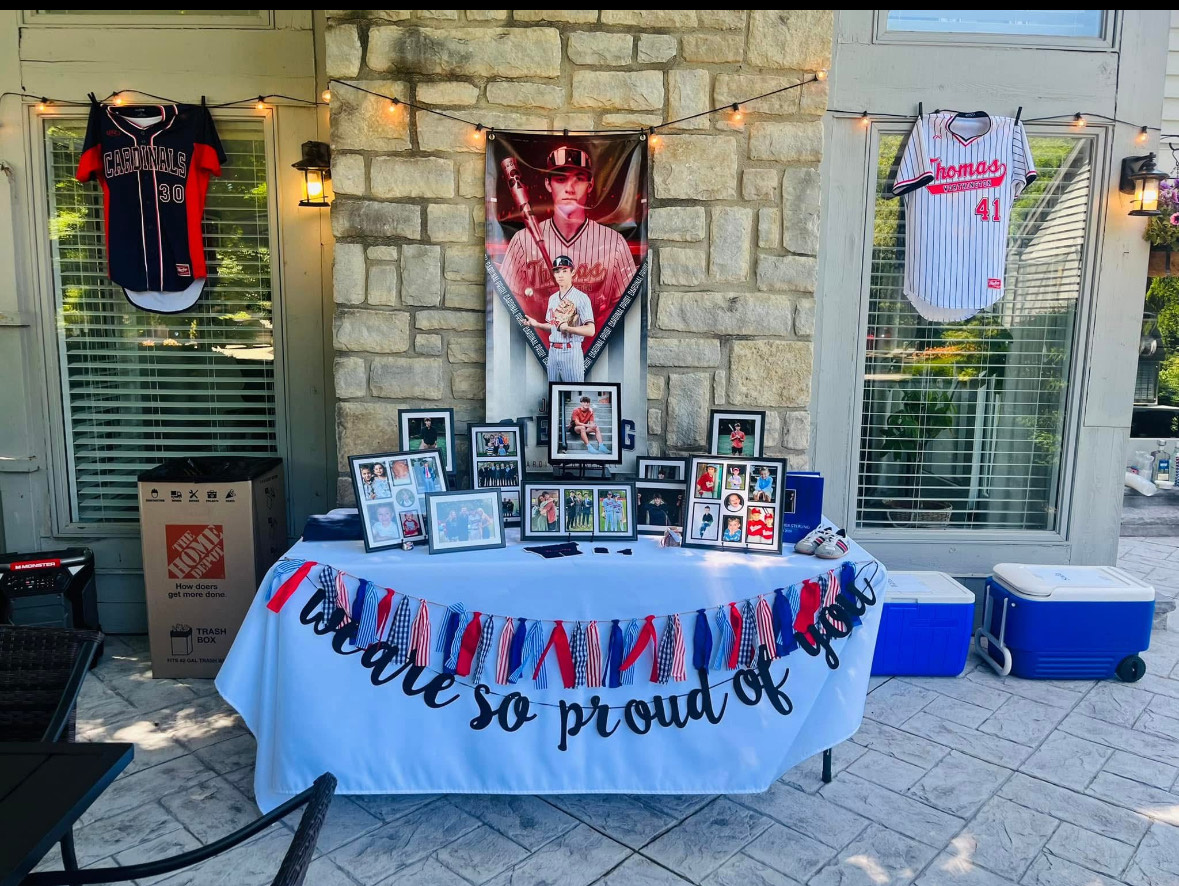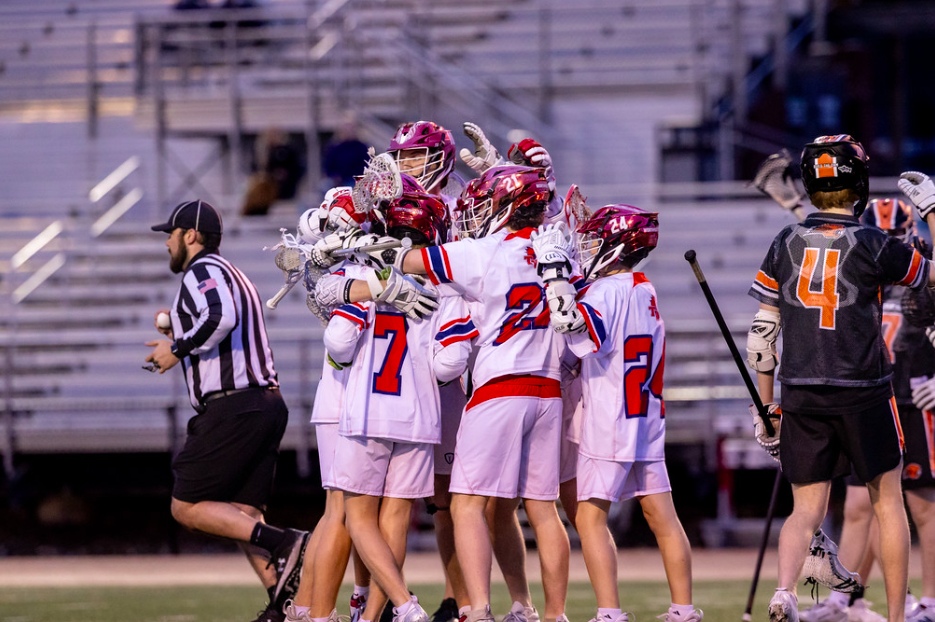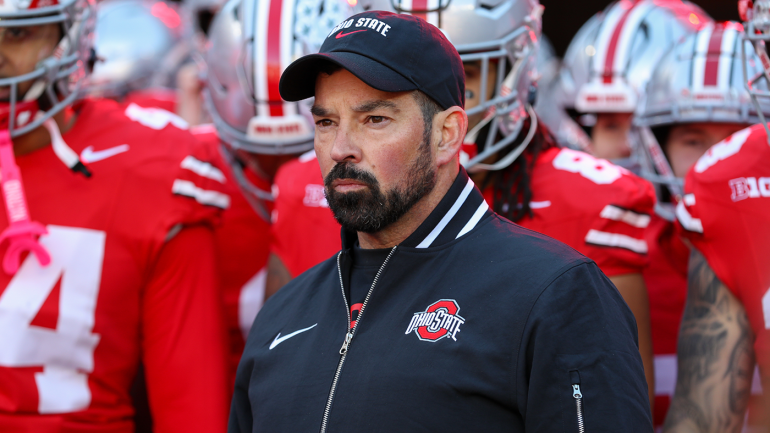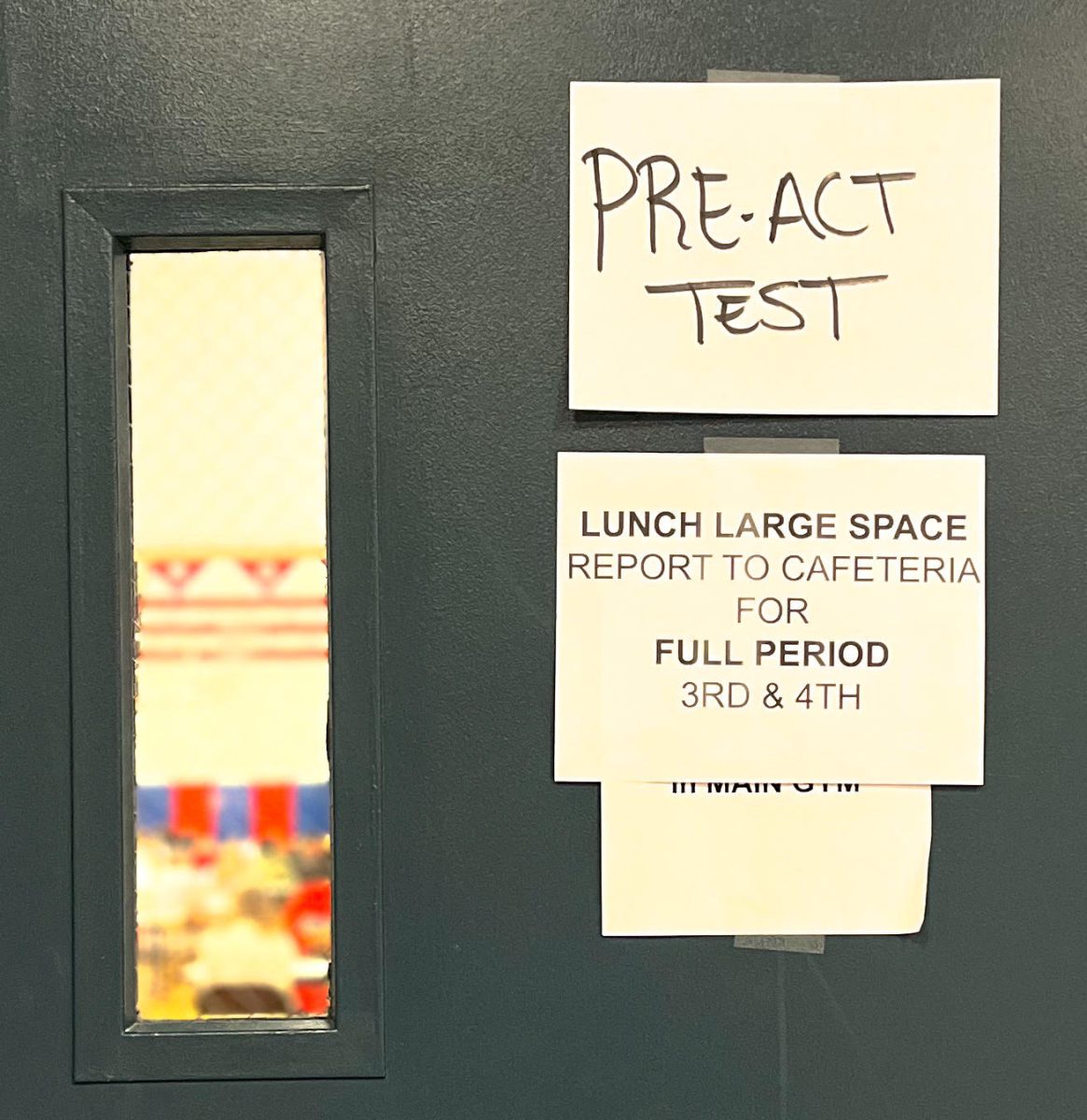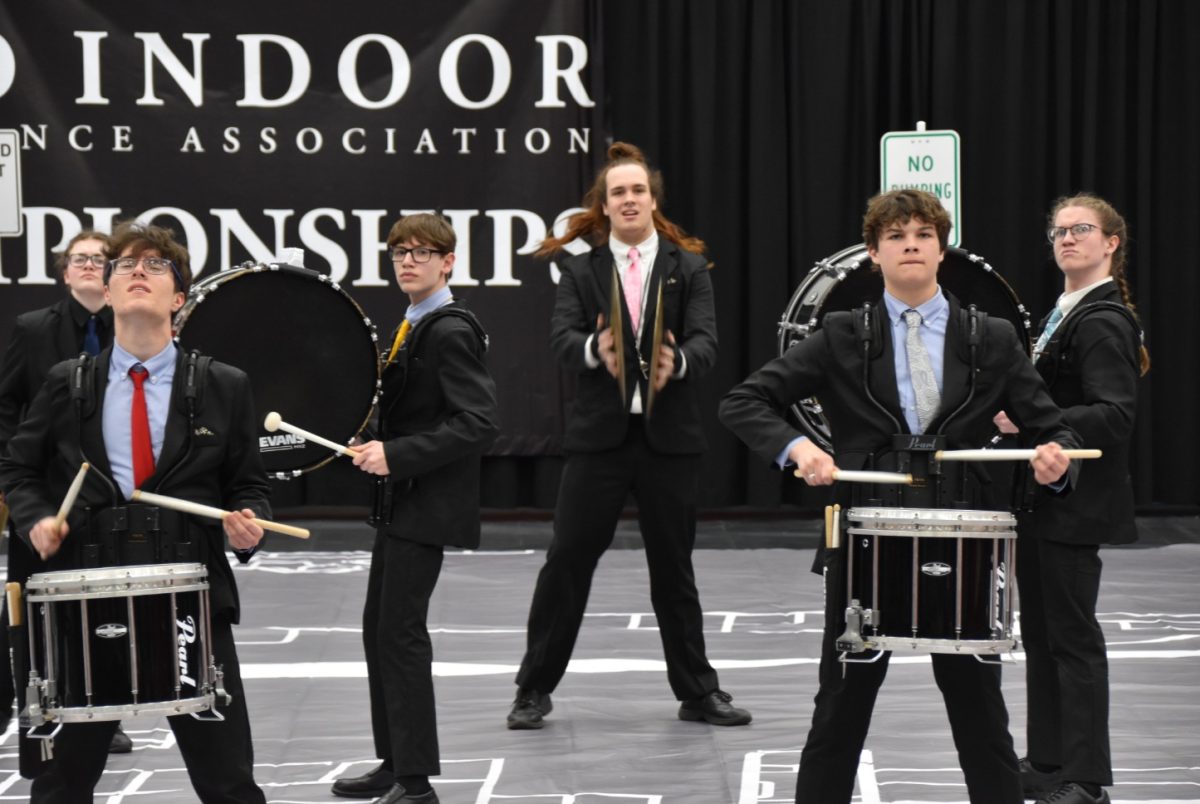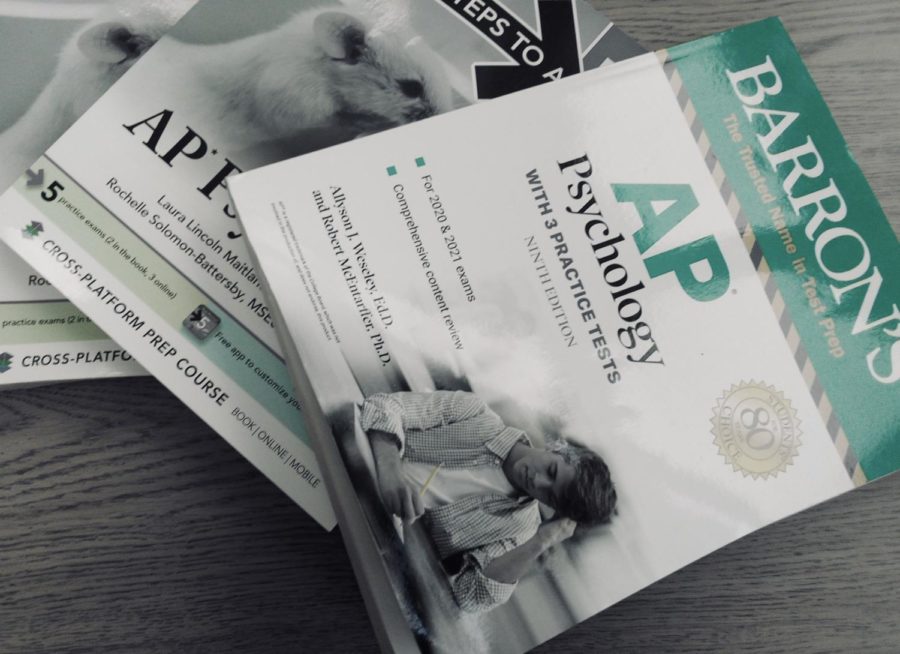Honors and AP: Is the Mental Cost Worth the Academic Benefit?
A large stack of AP Study Guides, used by AP students to prepare for their exams.
April 30, 2022
Students of all ages at Thomas Worthington H.S. take Honors and AP classes in hopes of getting college credit or learning at a higher level. There are opportunities throughout the years to take everything from Honors English to AP US History. These classes look good on personal records, and college resumes, but they can be very stressful. Some Honors and AP students also play a sport or instrument or have a job, so they may not have as much time as other students. A question that many students ask themselves, especially during the scheduling process, is if the benefit of Honors and AP classes is outweighed by the extra stress of their added difficulty.
Different Honors and AP classes are available to a variety of ages at Thomas Worthington. Popular classes include Honors English, Honors Math, and AP Psychology. These classes can be great for students who work and learn faster than other students, or students that are willing to push themselves out of their comfort zone. Many students take at least one of these classes within their high school years. Some students take multiple, having schedules full of more rigorous classes.
Honors and AP classes can be very challenging. One class that students either seem to love or hate is AP US History, known to students as APUSH.
“History was definitely really hard…especially for high-level tests,” says senior Mary Kate Murphy.
“AP History, that was a pretty hard class,” agrees senior Kate McClellan. “I had a really hard time with it, my learning style didn’t match up. I enjoyed the actual class and I enjoyed Mr. McCort’s teaching…but my way of studying and how the tests were taken didn’t line up.”
Is the blame on the teacher, the students, or the curriculum for how hard and stressful these classes are? On the one hand, the vibe of the class is partially based on what teacher you have, and certain teachers appeal to different students. Students should know what to expect when they sign up for classes. However, not all students have older siblings or know older students that could give them advice from first-hand experience. The experience can differ for each person based on the student, their learning preferences, and how much time they have to dedicate to the classwork assigned. Ultimately, the nature of the classes means that the curriculum will be harder and that the teachers will assign more work as a result. It’s not really anyone’s fault, but the impact on students is significant.
“I think in the end, it was worth it,” says junior Daria Bardus. “They taught me different lessons outside of just the curriculum, which I thought was really good for [me].”
Junior Zoe Limbach feels the same way. “So far, I’ve always had a good time,” says Limbach. “Being surrounded by smart people who want to try as hard as you makes the learning more efficient.”
Not all students feel like the classes are worth it, though. Some felt like the stress was too much for them. Not all Honors and AP classes are for everyone. Molly Bruck, a senior, says that she thinks they’re similar to regular classes and doesn’t like that you don’t get college credit for Honors classes, even though they’re harder. Junior Cat Strous had a more pointed response.
“Being in Honors classes was like being shot at with bullets,” says Strous. “Each bullet was stress and anxiety and deadlines and everything else that felt bad, and you had to dodge all of them while still not getting hit.”
Most students that take Honors and AP classes can say identify with this at some point. Honors and AP classes can be really hard and stressful, but hard work and planning can offset the stress; ideally, the class will be worth it.
“For people that have high goals for college and rigorous learning throughout college, AP and Honors are the preparation,” says senior Ishana Baldaro, who is currently enrolled in several AP classes. However, it’s not just about the content and future success but really about personal responsibility for many.
“In contrast to regular classes I feel like I didn’t learn anything, whereas in AP class I could actually measure my learning,” says senior Michelina Guerra. “The learning environment in regular classes often feels unfocused, but when all the students are motivated it makes a big difference in my ability to succeed.”

